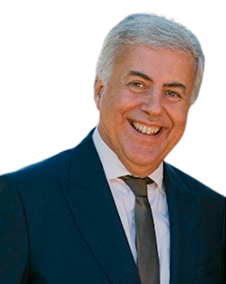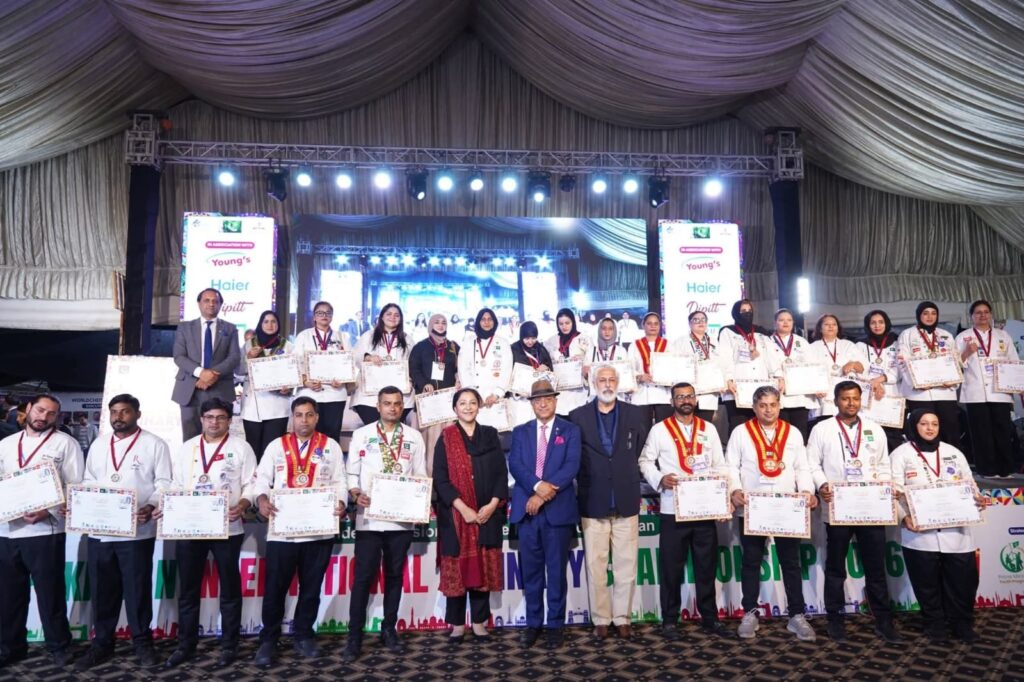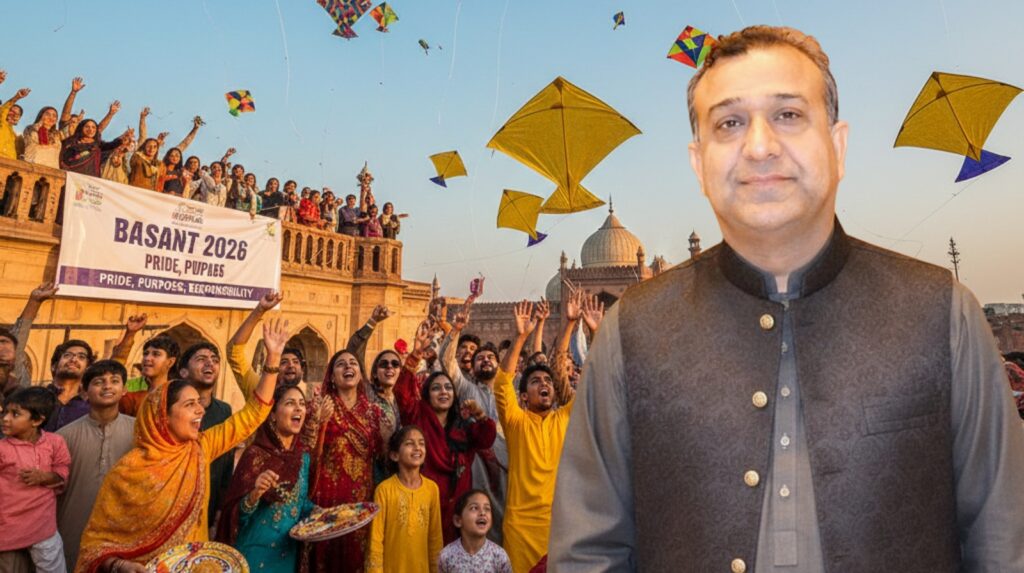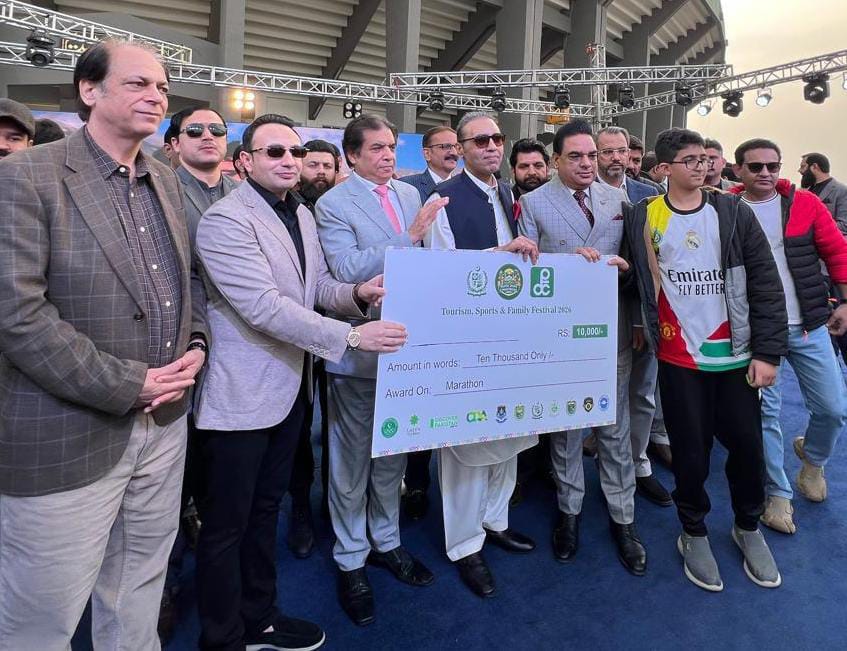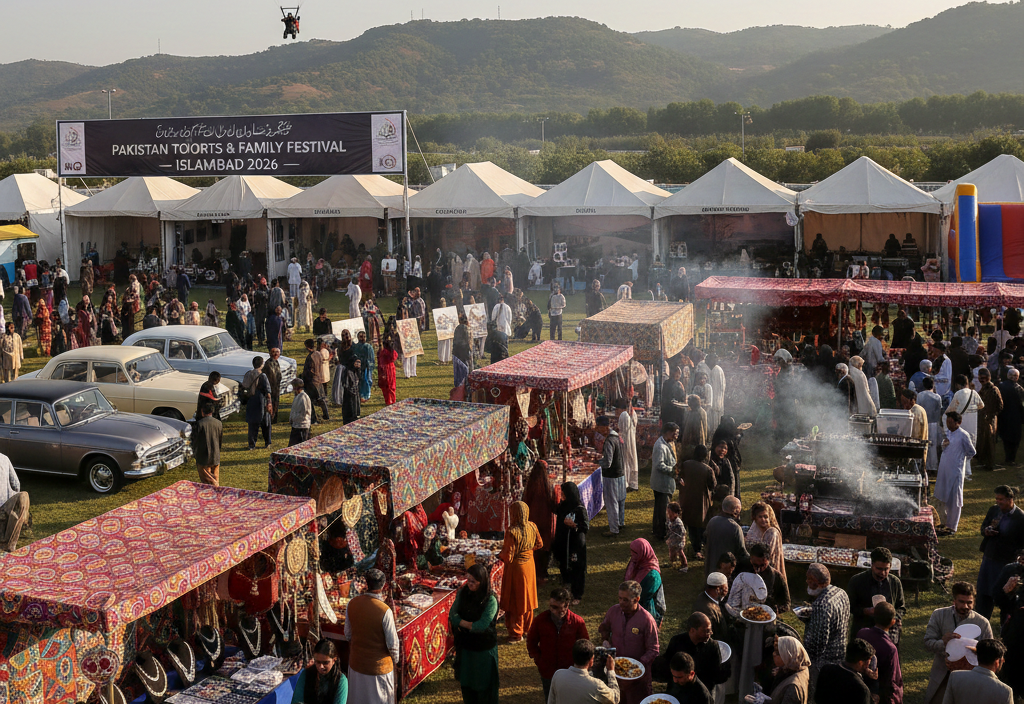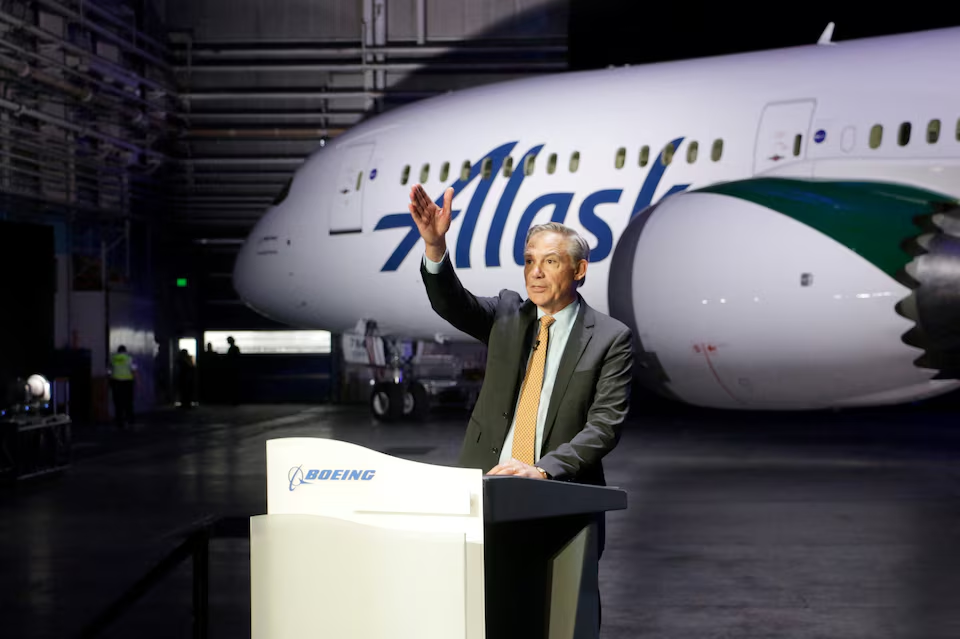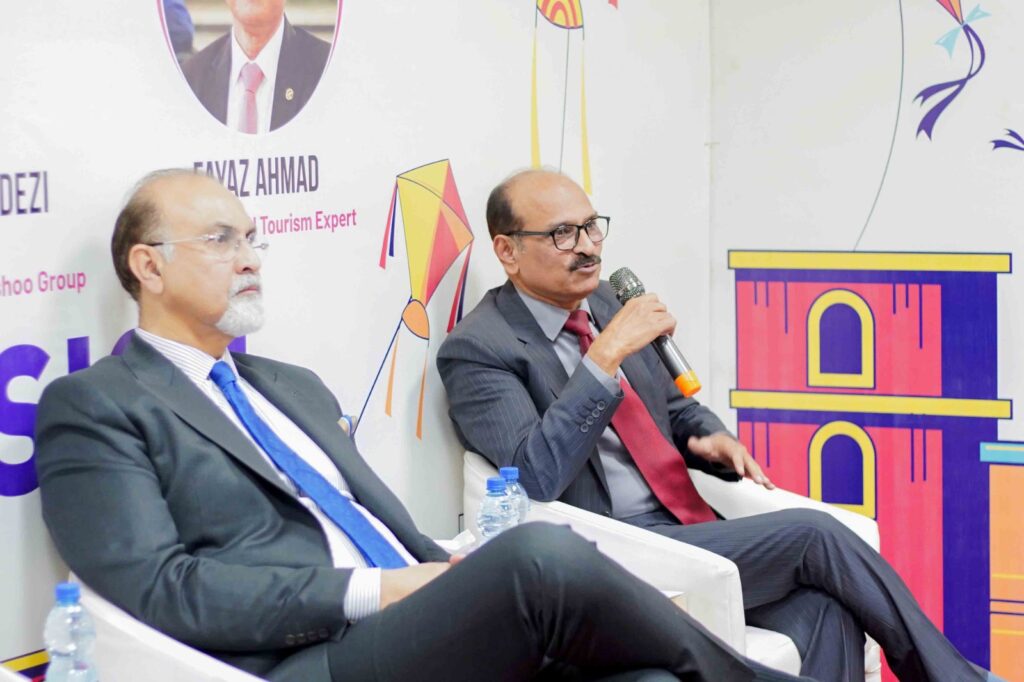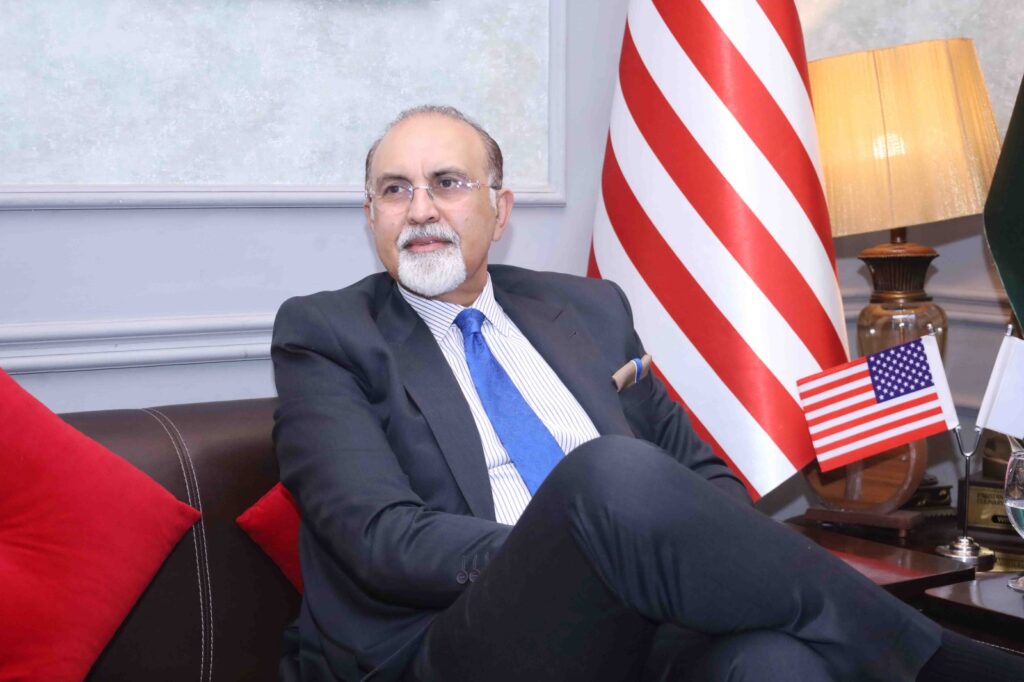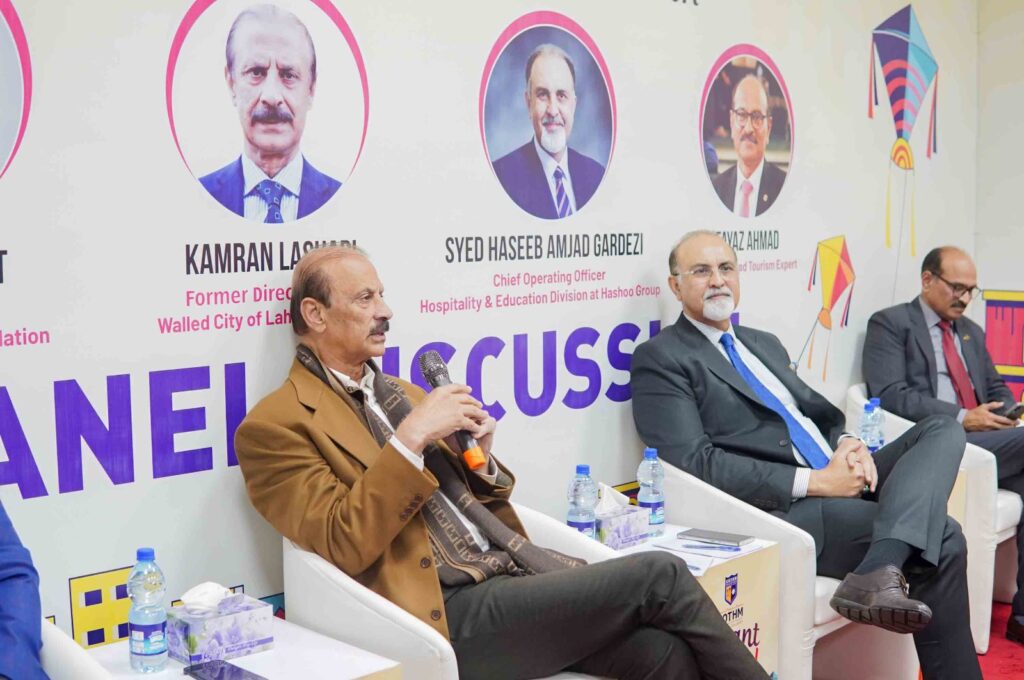Interview by Fraaz Kasuri
How does your blend of hospitality sector and education experience impact your approach to developing human resources for the tourism industry?
My experience in the hospitality sector and education allows me to create human resource development programs that are practical and tailored to the real needs of the market. I combine theoretical knowledge with applied practice, ensuring that our programs are relevant and effective. This results in well-prepared professionals who can immediately contribute to the tourism industry.
Do you think that the tourism and hospitality industry is expanding rapidly in the European region in particular and internationally in general?
Yes, the tourism and hospitality industry is growing rapidly both in Europe and internationally. Europe continues to be a major tourist destination, and globalization and digitalization are facilitating access to new markets, which further drives this expansion.
Can you explain how initiatives like the EURHODIP Annual Conference, competitions, and Eurhodip Magazine, which you oversee as President of EURHODIP, contribute to excellence in hospitality education locally and internationally?
These initiatives promote the exchange of best practices and innovation. The EURHODIP Annual Conference provides a platform for networking and learning, the competitions encourage students to apply their knowledge in real-world situations, and the Eurhodip Magazine disseminates research and advancements in the field. Together, these activities elevate the standards of hospitality education.
What motivated your academic writing pursuits in hospitality, and how do you see them adding knowledge in the field?
My motivation comes from a desire to improve the quality of hospitality education and contribute to the sustainable development of the sector. My academic activities aim to fill knowledge gaps and promote innovative practices. I see my research and publications as means to disseminate valuable knowledge that can be applied both in academia and in practice.
How do you utilize your academic achievements, including a Master’s in Strategic Tourism Planning and a Doctorate in Tourism, to drive research interests like food tourism, cultural tourism, and tourism education within your current roles?
I use my academic achievements to guide my research and initiatives. My Master’s and Doctorate provide a solid foundation in tourism strategies, which I apply to explore areas such as food tourism and cultural tourism. I integrate this knowledge into curricula and training programs, ensuring they are relevant and aligned with market trends.
As a guest speaker at global conferences on Tourism Education, what key topics do you address and how do they influence the future of tourism education?
In my lectures, I address topics such as educational innovation, sustainability, and the integration of emerging technologies. These topics are crucial for preparing future professionals for an ever-evolving sector. By discussing these issues, I influence curricular and methodological changes that improve the relevance and effectiveness of tourism education.
How do you see the collaboration between Turismo de Portugal and COTHM Pakistan contributes to talent development for the hospitality and tourism industry?
This collaboration facilitates the exchange of knowledge and best practices between the two institutions, enhancing the quality of training offered. Exchange programs and professional development prepare students to work in multicultural environments, which is essential in the global hospitality industry.
Could you elaborate on the importance of optimizing educational infrastructure for tourism and hospitality students’ learning experiences and industry preparedness, aligning with your consultancy interests?
Optimizing educational infrastructure is crucial for providing students with practical and relevant learning experiences. Well-equipped environments and modern technologies enable students to acquire skills that are directly applicable to the job market. My consultancy interests focus on ensuring that educational institutions have the necessary resources to offer high-quality education.
What do you see as the main challenges and opportunities in the tourism and hospitality education sector, and how do you plan to address them in your roles at Turismo de Portugal and Eurhodip?
The main challenges include the rapid evolution of market needs and the integration of new technologies. However, these challenges also present opportunities for innovation. I plan to address these challenges by implementing flexible curricula, promoting industry partnerships, and focusing on continuous training. Collaboration and a commitment to educational excellence are key to overcoming these challenges and preparing students to be leaders in the sector.

